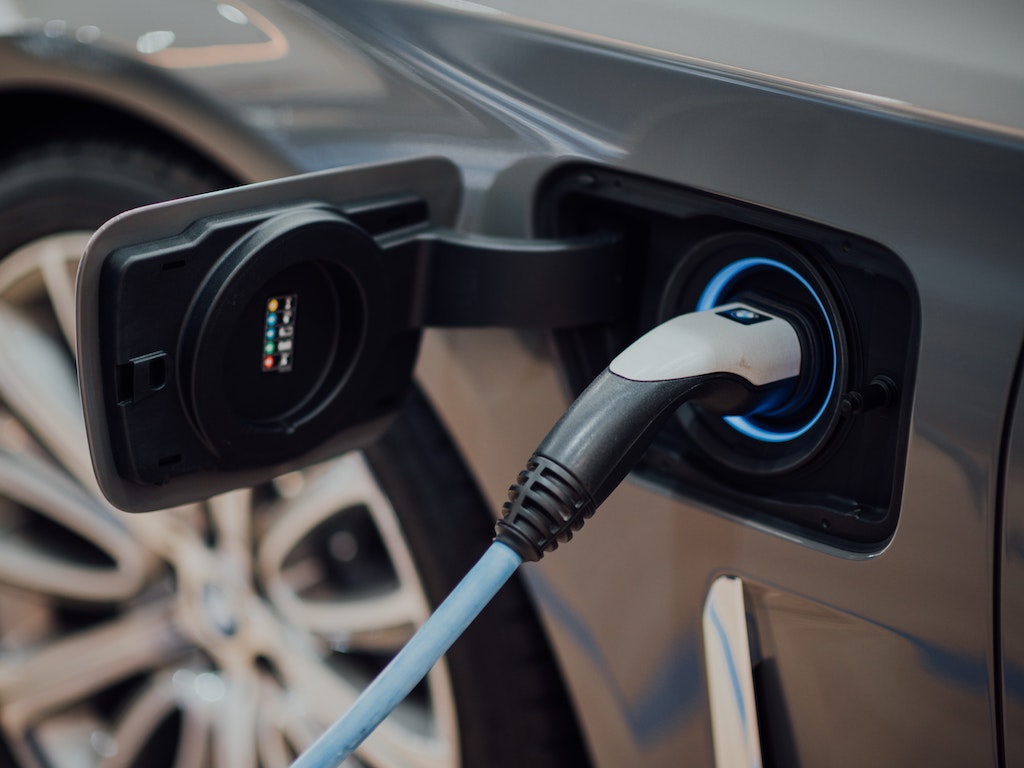3 Mins Read
A new scientific study has confirmed that electric vehicles generate less carbon dioxide than petrol cars across most areas of the world. The findings contrast the claims of some firms who believe that the carbon dioxide emitted in producing electricity amounts to more than that of conventional petrol vehicles, and will help boost government policies seeking to reduce carbon emissions by promoting the use of electric cars.
Published on Monday in the journal Nature Sustainability, a study conducted by a group of researchers from the University of Cambridge and Exeter in the United Kingdom and the University of Radboud in the Netherlands finds that electric cars across 95% of the world emit less carbon dioxide.
Using life-cycle assessments, the scientists demonstrated that even where electricity generation involves the use of fossil fuels, there was a net carbon dioxide saving compared to that of conventional petrol cars. Similar results were found for electric heat pumps over traditional boilers that rely on natural gas.
In countries such as Sweden and France, which are mostly powered by renewable or nuclear energy sources, the carbon dioxide savings from using electric vehicles can be as high as 70% when measured against fossil fuel cars. Out of the 59 regions explored in the study, only 6 highly coal-dependent countries such as Poland do not conform to the general rule.
“The idea that electric vehicles or heat pumps could increase emissions is essentially a myth. We’ve seen a lot of disinformation going around. Here is a definitive study that can dispel those myths,” said Florian Knobloch, lead author of the study, in conversation with the Guardian. Fossil fuel firms and climate deniers have previously alleged that electric cars may not be more eco-friendly by questioning the source of the electricity.
Globally, road vehicles and household heating is responsible for around 25% of all emissions from burning fossil fuels. The findings from the study show that phasing out all fossil fuel vehicles and transitioning to electric cars can make a big difference in reducing overall carbon emissions, though the efficiency of the supply and the vehicle itself must also be considered.
“The answer is clear: to reduce emissions, we should choose electric cars and household heat pumps over fossil fuel alternatives,” co-author of the study Jean-Francois Mercure told the Guardian. By confirming the benefits of electric cars, the study authors hope that government action should consider a stricter and more rapid phasing out of non-electric vehicles.
Replacing conventional cars with electric versions can also help to improve roadside air quality and reduce air pollution, which has been associated with various negative health impacts. Most alarmingly, research evidence has found a link between air pollution nanoparticles generated by diesel cars and an increased risk of brain cancer.
In February this year, Greenpeace released a new report on global air pollution, which found that burning fossil fuels primarily from industrial activities and roadside vehicles is responsible for an estimated 4.5 million premature deaths each year.
Faced with the dual threat of an escalating climate crisis and public health risk, it is vital that governments around the world begin the widespread adoption of electric cars as a part of the plan to move towards a low-carbon economy.
Lead image courtesy of Unsplash.



